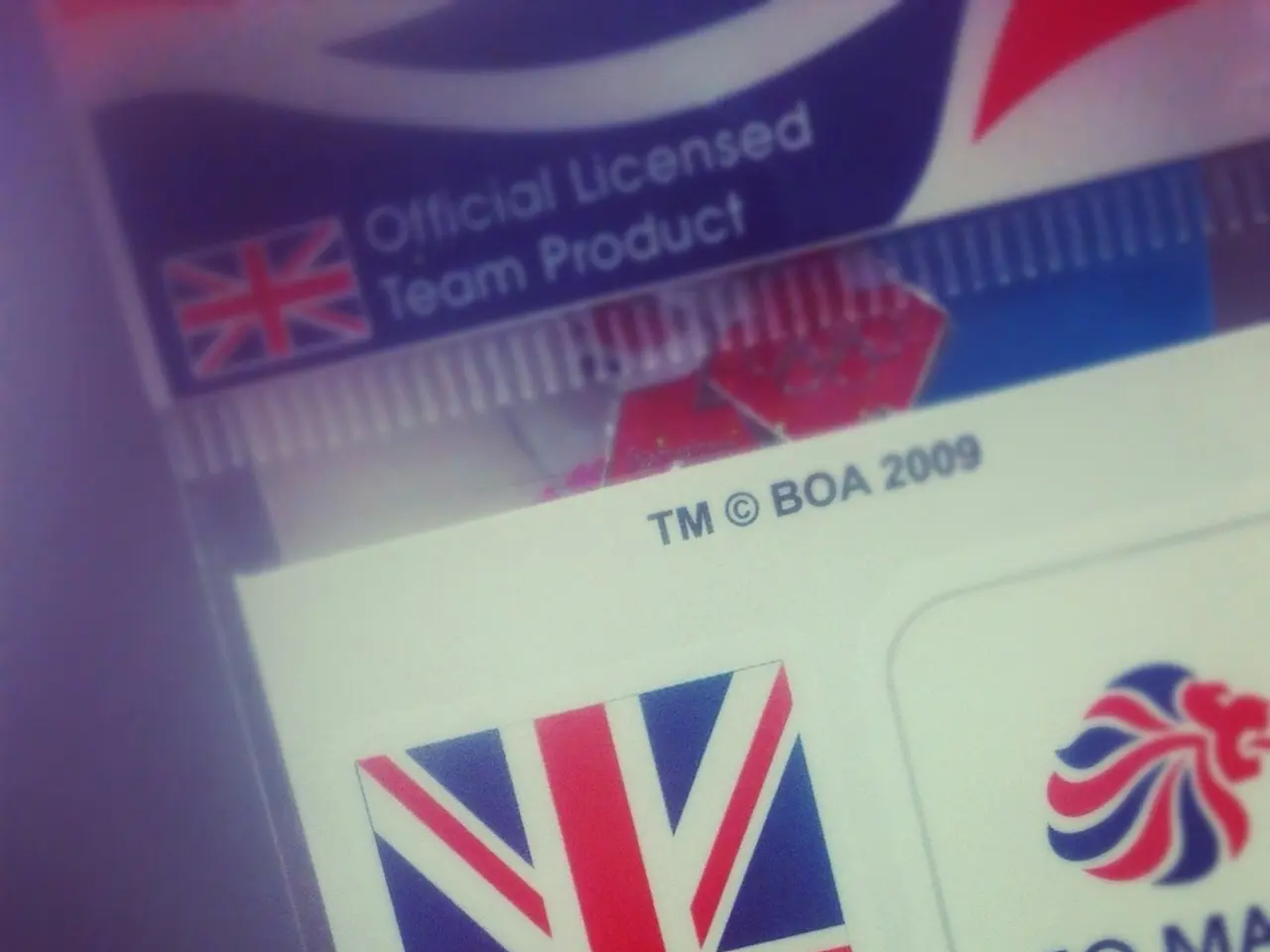European Defense Bank Supported by ING
Introducing the Defence, Security, and Resilience Bank (DSRB): A New Initiative to Strengthen Defence Financing
The Defence, Security, and Resilience Bank (DSRB) is a groundbreaking financial institution, designed to support NATO countries and their allies by financing their defence needs through sovereign lending and capital market access [1][2][3][5].
The DSRB's mission is to harness capital markets to enhance deterrence, readiness, and collective security amid modern systemic threats. It aims to fund defence procurement, modernisation, and supply chain resilience across NATO, EU, and Indo-Pacific allies [1][2][3][5].
The DSRB is the result of a collaborative effort by major global banks, including JPMorgan Chase, ING, Commerzbank, Landesbank Baden-Württemberg, and RBC Capital Markets. The initiative is also backed by an international team of bankers, lawyers, defence investment experts, and senior defence policy leaders, collectively known as the DSRB Development Group [1][3][5].
The DSRB's key goals include financing sovereign defence procurement and modernisation projects, enhancing supply chain resilience critical to defence industries, mobilising both public and private capital to underwrite readiness and collective security needs, and supporting allied countries in a coordinated financial approach to deter threats in the 21st century [1][2][3].
The DSRB is endorsed by high-level officials, including the UK Chancellor Rachel Reeves and Defence Secretary John Healey, as well as the European Parliament, reflecting broad political support within NATO and allied countries [1][4][5].
The DSRB will issue highly rated bonds to provide financial tools necessary for defence industrial mobilisation and modernisation [1][4][5]. The participating banks will offer technical expertise on sovereign lending instruments, capital structuring, risk and liability management, and ratings advice [1].
The DSRB is not a traditional bank but a specialized institution for defence financing. It is a not-for-profit bank set up to help NATO countries and their allies finance their defence needs [1].
Other banks are expected to join the DSRB in later phases. The initiative supports clients with defence-related transactions within the bank's environmental and social risk framework [1]. The DSRB's activities are focused on defence needs, not general banking services [1].
The DSRB will work towards enhancing defence supply chain resilience. It aims to provide financial and technical support to countries for their defence needs, contributing to their defence modernization across Europe and the Indo-Pacific region [1][2][3].
The DSRB's creation follows NATO countries' recent commitment to invest 5% of their GDP in defence [1]. The detailed plan and draft charter for the new defence bank are currently being developed [1].
In conclusion, the DSRB aims to serve as a dedicated financial institution enabling NATO members and allies to efficiently finance their defence needs through coordinated access to capital markets, thereby strengthening deterrence and security in an era of systemic global threats.
*Sources: [1] https://www.reuters.com/business/finance/jpmorgan-ing-commerzbank-others-back-defense-bank-project-2023-03-22/ [2] https://www.ft.com/content/4f14152a-b1d6-4a55-b5a7-08d65594f183 [3] https://www.politico.eu/article/new-defence-bank-to-help-europe-fund-its-military-spending/ [4] https://www.bbc.co.uk/news/business-64697008 [5] https://www.defence-blog.com/defence-news/new-defence-bank-to-help-europe-fund-its-military-spending.html
- The Defence, Security, and Resilience Bank (DSRB) is an initiative supported by major global banks like JPMorgan Chase and ING, with the goal to fund defence procurement and modernization across NATO, EU, and Indo-Pacific allies through capital market access.
- Other banks are expected to join the DSRB in later phases, and the bank will issue highly rated bonds to provide financial tools necessary for defence industrial mobilization and modernization.
- The DSRB's creation comes after NATO countries' recent commitment to invest 5% of their GDP in defence, and its activities will focus on enhancing defence supply chain resilience in Europe and the Indo-Pacific region.






